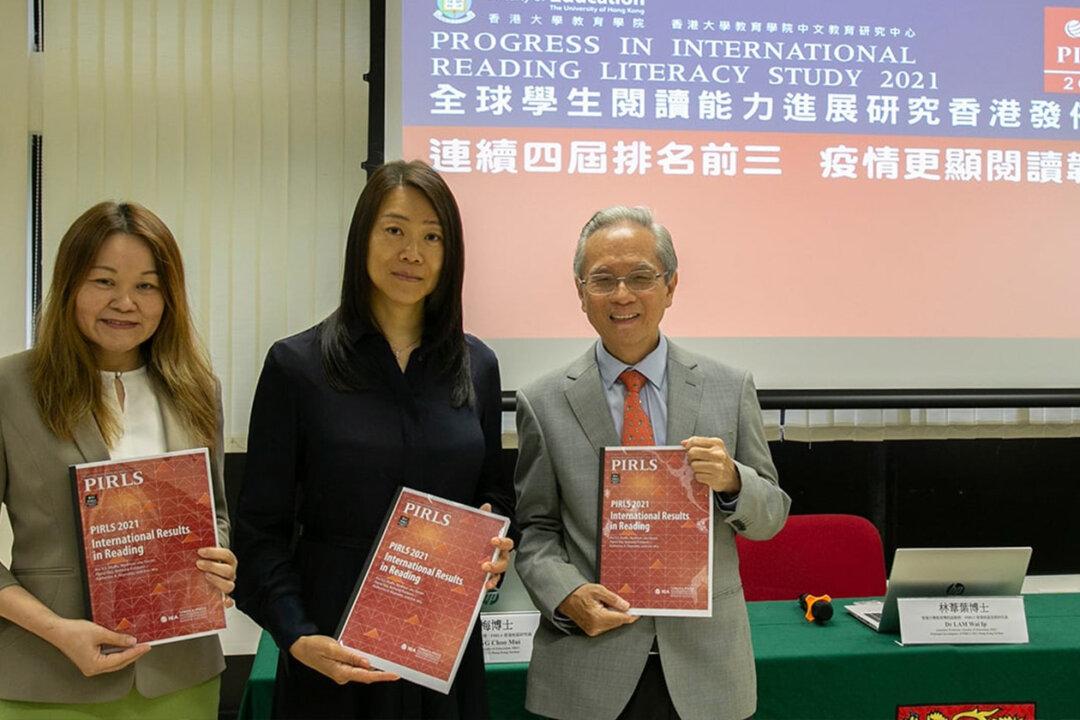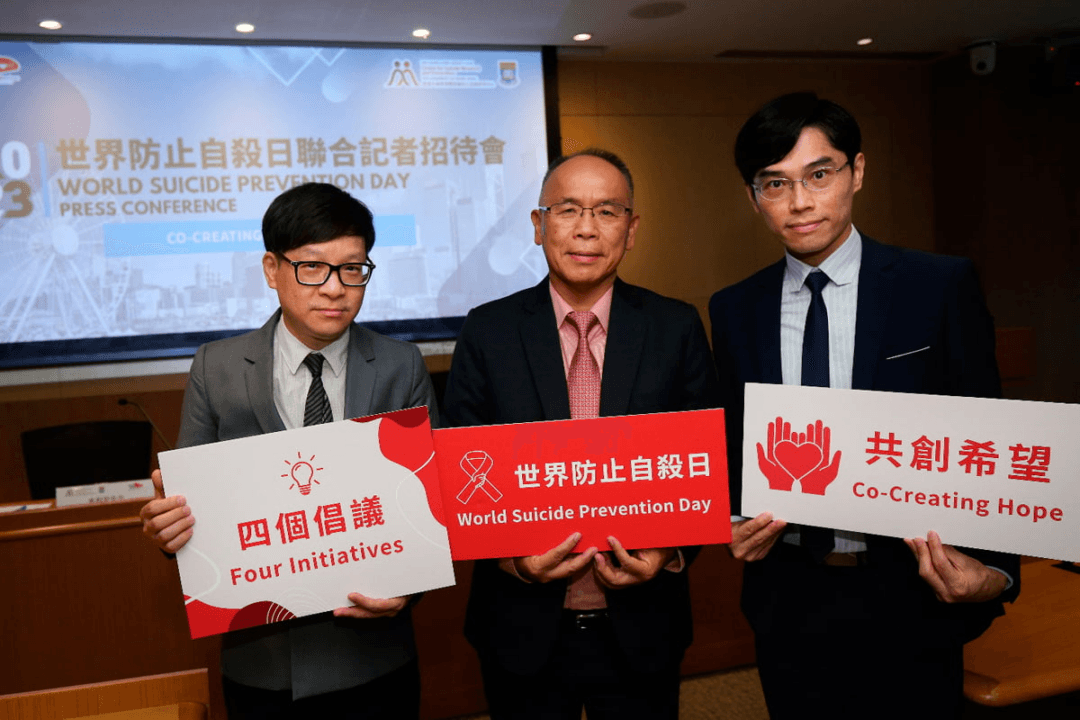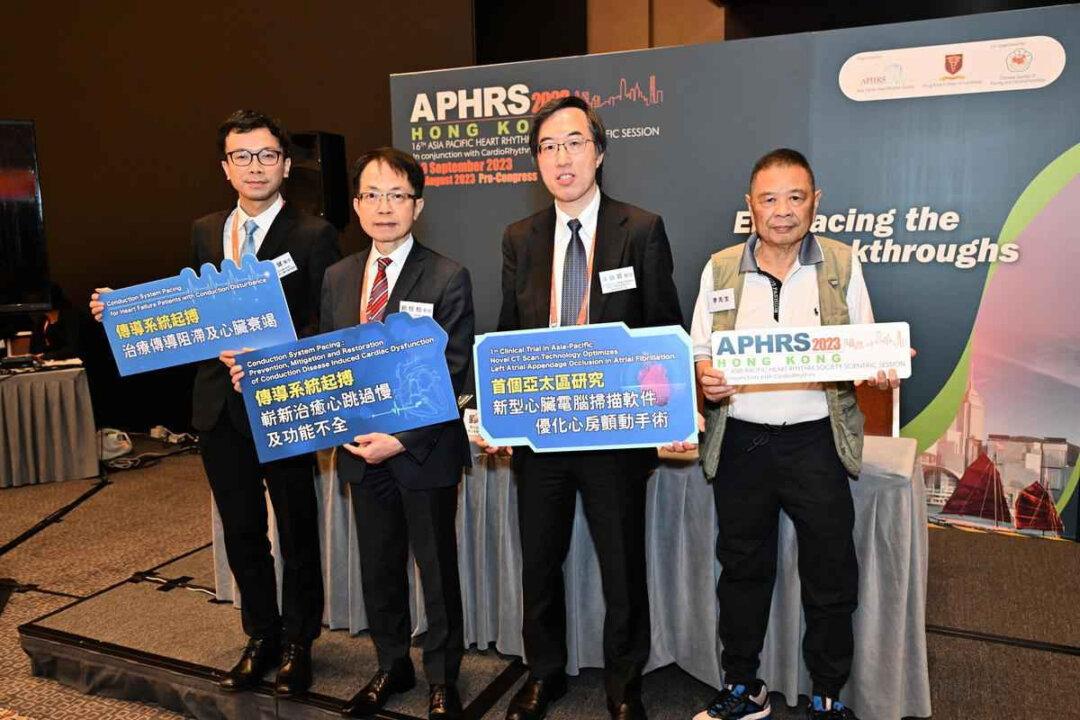The University of Hong Kong Faculty of Education has released the “Progress in International Reading Literacy Study” (PIRLS) results. Hong Kong students achieved the top three ranking in the world for four consecutive PIRLS cycles, representing the highest level internationally. With a score of 573, Hong Kong students surpassed the international average score of 500.
PIRLS, organized by the International Association for the Evaluation of Educational Achievement, is conducted every five years to assess, compare, and track the reading abilities of fourth-grade students using their mother tongue across participating countries and regions. In this cycle, 57 countries and regions participated, involving approximately 320,000 students and their parents, teachers, and principals. The Faculty of Education at the University of Hong Kong conducted the research in Hong Kong.




